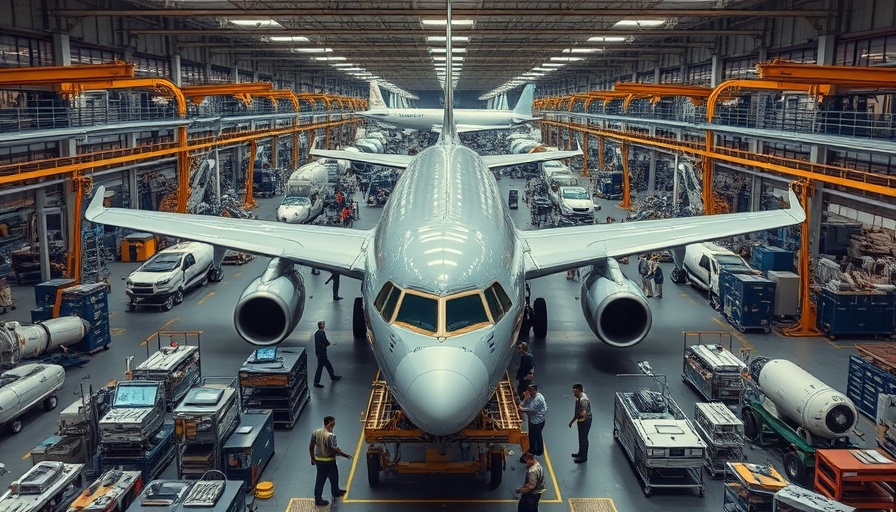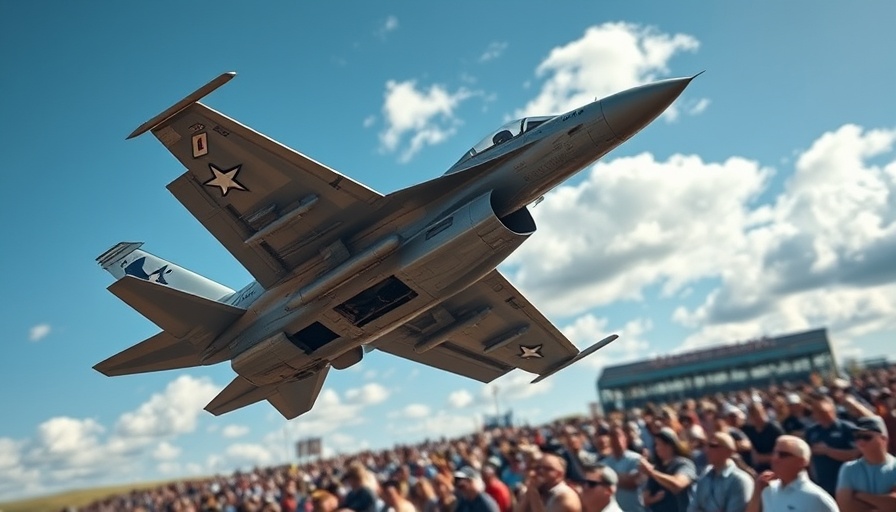
The Challenges of Living in Space
Space is an inhospitable terrain for human life. The fluctuating environmental conditions, including lethal radiation levels, precious resource scarcity, and reduced gravity, complicate the possibility of establishing a human presence on planets like Mars. The recent sci-fi film Mickey 17, starring Robert Pattinson as a space traveler face-to-face with danger, underscores humanity's precariousness in extraterrestrial settings and inspires contemplation on how humans might adapt.
Evolution: The Key to Space Adaptation
In his enlightening work, The Next 500 Years: Engineering Life to Reach New Worlds, Dr. Christopher Mason, a researcher at Cornell University, argues for a proactive approach toward human evolution in space. Mason suggests that just as humans have adapted to a myriad of environments on Earth, a similar trajectory awaits us in outer space. Historically, we have learned from indigenous communities and other pioneering groups, who have evolved strategies and tools to survive in extreme environments. This adaptability offers a framework for enhancing human capacity to thrive in alien atmospheres.
Physical Adaptations: Learning from Other Environments
Research indicates significant morphological changes occur in the human body during space missions, which have been the focus of extensive studies. For instance, NASA's Twins Study monitored astronaut Scott Kelly's health over nearly a year in space compared to his twin, Mark Kelly, back on Earth. Significant differences were observed, from genetic variations to physiological health. These findings can inform strategies to mitigate bodily decay in varying environments, potentially leading to innovations such as advanced life-support systems or tailored exercise regimens.
Psychological Considerations: Space and the Mind
As Richard Ramdeholl points out, adapting to the sociocultural challenges posed by space living is just as crucial as the physical adaptations. The psychological impacts of isolation and confinement in spacecraft must be acknowledged, based on insights from extensive anthropological studies. The importance of maintaining strong interpersonal relationships among astronauts—as highlighted by the experiences of astronauts like Chris Hadfield—is vital for addressing feelings of loneliness and stress during long missions.
Technological Innovations: Designing for Survival
Technological advancements will play a fundamental role in enabling human adaptability in space. The development of habitats that mimic Earth’s comforts, as well as life-support systems that echo biological adaptations, will be pivotal in sustaining human life beyond Earth. Innovations in environmental controls, such as temperature regulation, air and water recycling systems, and psychological wellness programs, reflect the necessity of merging technology with human needs.
Ethical Perspectives on Space Colonization
As we pursue extraterrestrial living, ethical dimensions must steer our exploration efforts. With the complexities of resource allocation and cultural considerations, it’s critical to appreciate our shared human identity while crafting new communities in space. Ensuring ethical frameworks—like social justice and human rights—are integrated into our space endeavors will uphold our common values as we venture forth.
Future Directions in Extraterrestrial Living
Ultimately, the future of human life on other worlds rests on an intricate interplay between biological adaptation, technological innovation, and ethical considerations. Our long-standing quest to explore the cosmos necessitates a multifaceted understanding of adaptation, taking cues from both our past and emerging studies to inform our space endeavors. This quest isn’t merely about survival; it’s an opportunity to pioneer a new chapter in human evolution.
 Add Row
Add Row  Add
Add 




Write A Comment